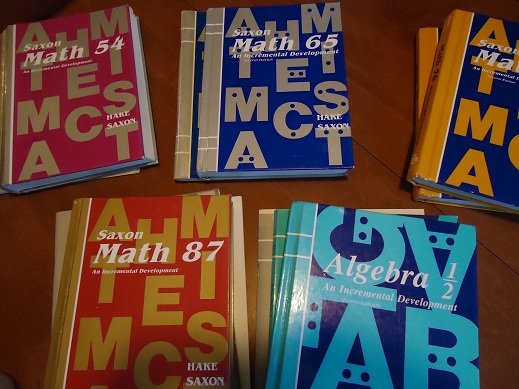Tough Love and Life Skills
One of the most important life-skills a person can attain is the ability to problem solve. An adult cannot solely rely on others; to function in society one must be able to independently search for possible solutions to an issue and implement them. Nothing is wrong with going to others for help occasionally, but the sole reliance on others without using one’s own head is destructive and leads nowhere in one’s personal growth.

So, last night around midnight, I was chatting with my college suitemate about all kinds of stuff, like the difference between the Japanese and American cultures, the chaotic good personality of Raymond Reddington (I’m addicted to Blacklist),

Just look at him. The style. The snazz. The brilliance.
the delicious qualities of sauteed avocados, and how so many college students seem entirely reliant on their families for everything, which led into the discussion of the ability to problem-solve. I looked back, trying to figure out how I acquired the exceedingly important skill and realized: my mom’s push to conquer algebra on my own immensely impacted my edification.
From junior high on, my parents home-schooled me. The curriculum, Robinson Curriculum, is actually very interesting. It consists of the three R’s: Reading, ‘Riting, and ‘Rithmetic. Every day, I worked on math for two hours, read a curriculum book for two hours, and wrote an essay or poem. All of my history, social studies, economics, etc. came from the books I read. My required reading included Fiat Money Inflation in France by Andrew Dickson Wright, The Rise and Fall of the Confederate Government by Jefferson Davis, Not Yours to Give by Davy Crockett, and Up from Slavery by Booker T. Washington.
When I graduated, I hadn’t had an official English class since I was in 6th grade, yet I scored a 9 out of 12 on the ACT writing test and a 34 out of 36 in the English portion. Reading was a 32, Math, 29, and Science, 25. It was quite an education.
Back to my main point: how I learned to problem solve.
My math classes were not technically classes. I learned everything from my Saxon textbooks.

No one explained or showed me how to do the problems. I hated it. At first, I was able to go to my mom, @clickinchicken, for help. She still remembered how to do beginning algebra and geometry. But as I progressed in my studies, she remembered less and less, and was able to help me less and less. By my sophomore year, I was virtually on my own. I would go to Mom frustrated and angry, often in tears because I had been working on the same problem for half an hour and could not get it right. And every time, she would tell me, “Go back in the book. Look until you find the lesson that explained it. It’s there, I promise.” So, angry that she wouldn’t help me look, I’d grump back over to the table and begin my search all over again. And every time, eventually, I would find it or work it out. There was ALWAYS a solution. I just had to have the motivation to look for it myself. I had to find the will to apply myself until I got it right. By junior year, I rarely went to Mom for help any more. I had learned how to solve my own math problems. Sometimes, I solved them through sheer determination. But I always solved them.
So, thank you, Mom, for your tough-love approach to my education. I know now that I learned so much more from it than the Pythagorean Theorem.
Please be sure to remind your brother and sisters of this when they are a little more advanced! I love you, kiddo! And i really like this post.
"Upgoated" and resteemed!